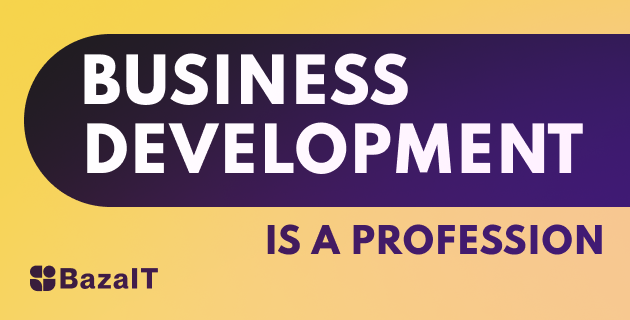.entrepreneurship24 March 10:54
0<
The role of emotions in the selling process
/> Today's business world is highly competitive across all industries. While there may be some objective reasoning behind purchasing physical products, the selling process for services is distinct in that emotions play a major role in the decision-making process. Emotional intelligence is the ability to recognize, understand and manage our own emotions, as well as the emotions of others. As sales are fundamentally about emotions, salespeople who are skilled in emotional intelligence are better able to build rapport with customers, handle objections, and close deals. be updated on the latest tech newsGet exclusive news updates and overview on tech market




